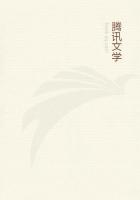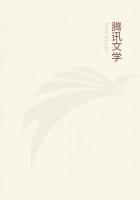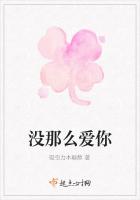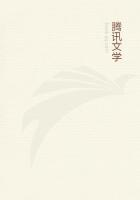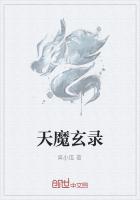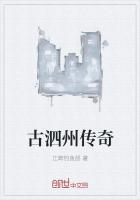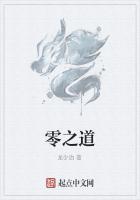1. The concept "pure sensation" as shown in § 5 is the product of a twofold abstraction: 1) from the ideas in which the sensation appears, and 2) from the ****** feelings with which it is united. We find that pure sensations, defined in this way, form a number of disparate systems of quality; each of these systems, such as that of sensations of pressure, of tone, or of light, is either a homogeneous or a complex continuity (§
5, 5) from which no transition to any other system can be found.
2. The rise of sensations, as physiology teaches us, is regularly dependent on certain physical processes that have their origin partly in the external world surrounding us, partly in certain bodily organs.
We designate these processes with a name borrowed from physiology as sense-stimuli or sensation-stimuli. If the stimulus is a process in the outer world we call it physical; if it is a process in our own body we call it physiological. Physiological stimuli may be divided, in turn, into peripheral and central, according as they are processes in the various bodily organs outside of the brain, or processes in the brain itself. In many cases a sensation is attended by all three forms of stimuli. Thus, to illustrate, an external impression of light acts as a physical, stimulus on the eye; in the eye and optic nerve there arises a peripheral physiological stimulation; finally a central physiological stimulation takes place in the corpora quadrigemina and in the occipital regions of the cerebral cortex, where the optic nerve terminates. In many cases the physical stimulus may be wanting, while both forms of physiological stimuli are present; as, when we perceive a flash of light in consequence of a violent ocular movement. In still other cases the central stimulus alone is present; as, when we recall a light impression previously experienced. The central stimulus is, accordingly, the only one that always accompanies sensation. When a peripheral stimulus causes a sensation, it must be connected with a central stimulus, and a physical must be connected with both a peripheral and a central stimulus.
3. The physiological study of development renders it probable that the differentiation of the various sensational systems has been effected in part in the course of general development. The original organ of sense is the outer skin with the sensitive inner organs adjoining it. The organs of taste, smell, hearing, and sight, on the other hand, are later differentiations of it. It may, therefore, be surmised that the sensational systems corresponding to these special sense-organs, have also gradually arisen through differentiation from the sensational systems of the general sense, from sensations of pressure, hot, and cold. It is possible, too, that in lower animals some of the systems now so widely differentiated are even yet more alike. From a physiological standpoint the primordeal character of the general sense is also apparent in the fact that it has for the transfer of sense-stimuli to the nerves either very ****** organs or none at all. Pressure, temperature, and pain-stimuli can produce sensations at points in the skin where, in spite of the most careful investigation, no special end-organs can be found. There are, indeed, special receiving organs in the regions most sensitive to pressure (touch-corpuscles, end-bulbs, and corpuscles of Vater), but their structure renders it probable that they merely favor the mechanical transfer of the stimulus to the nerve-endings.
Special end-organs for hot, cold, and pain-stimuli have not been found at all.
In the later developed special sense-organs, on the other hand, we find everywhere structures which not only effect the suitable transfer of the stimuli to the sensory nerves, but generally bring about a physiological transformation of the stimulation which is indispensable for the rise of the peculiar sensational qualities. But even among the special senses there are differences in this respect.
The receiving organ in the ear, in particular, appears to be of a character different from that of the organs of smell, taste, and sight. In its most primitive forms it consists of a vesicle filled with one or more solid particles (otoliths), and supplied with nerve-bundles distributed in its walls. The particles are set in motion through sound-vibrations, and must cause a rapid succession of weak pressure-stimulations in the fibres of the nerve-bundles. The auditory organ of the higher animals shows an extraordinary complexity, still, in its essential structure it recalls this primitive type. In the cochlea of man and the higher animals the auditory nerve passes at first through the axis, which is pierced by a large number of fine canals, and then emerges through the pores which open into the cavity of the cochlea.
Here the branches are distributed on a tightly stretched membrane, which extends through the spiral windings of the cochlea and is weighted with special rigid arches (arches of Corti). This membrane - the basilar membrane, as it is called - must, according to the laws of acoustics, be thrown into sympathetic vibrations whenever sound-waves strike the ear. It seems, therefore, to play the same part here as the otoliths do in the lower forms of the auditory organ. At the same time one other change has taken place which accounts for the enormous differentiation of the sensational system. The basilar membrane has a different breadth in its different parts, for it grows continually wider from the base to the apex of the cochlea. In this way it acts like a system of stretched chords of different lengths. And just as in such a system, other conditions remaining the same, the longer chords are tuned to lower and the shorter to higher tones, so we may assume the same to be true for the different parts of the basilar membrane.

